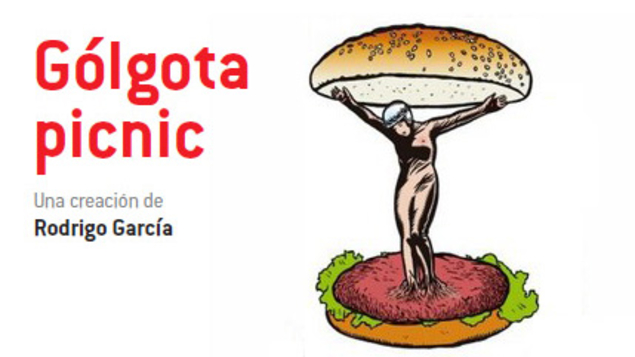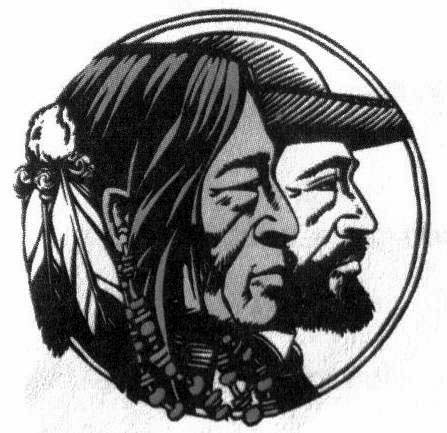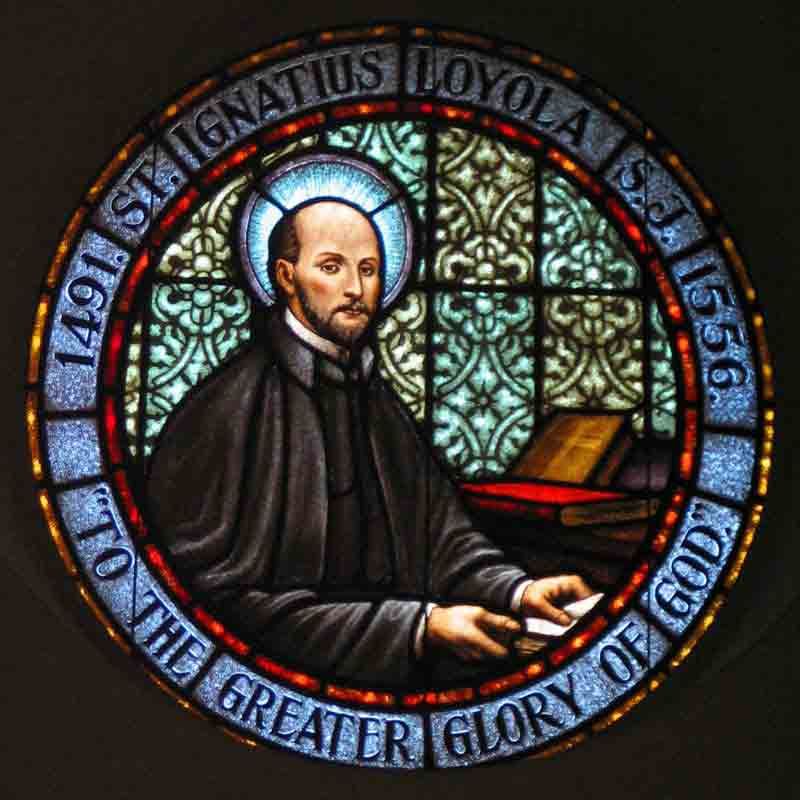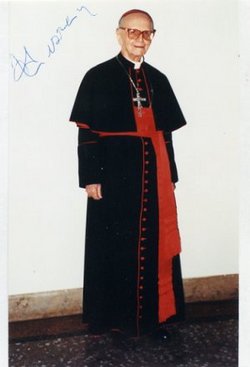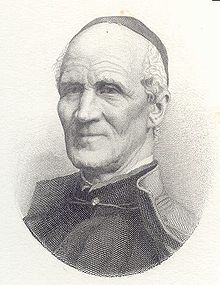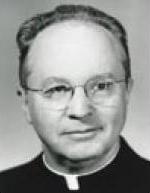R. R. Reno is the editor of "First Things" magazine, teaches theology at Creighton University and is the author of In the Ruins of the Church: Sustaining Faith in an Age of Diminished Christianity (Brazos). Rusty converted to the Catholic Church from the Episcopal tradition in the fall of 2004. This reflection was written in the winter of 2005.
Read a portion of his story below
I put myself up for reception into the Catholic Church as one might put oneself up for adoption. A man can no more guide his spiritual life by his own ideas than a child can raise himself on the strength of his native potential. Stories of conversion to the Catholic Church can be rather tediously joyous. One might wish for some variety in such stories, perhaps something along the lines of Winston Churchill's observation that "democracy is the worst form of government except all those other forms that have been tried from time to time." But such variety as there is in conversion stories would seem to rest on the different ways in which converts describe a newly found bounty. For me, the gain was fairly simple.
The Catholic Church did not deliver me from apostasy and false teaching. I teach at a Jesuit University, so I am not naïve about just how insouciant about orthodoxy priests can be. Nor did Catholicism provide me with a neat, efficient, and trouble-free church. I do read newspapers.
What my reception into the Catholic Church provided was deliverance from the temptation to navigate by the compass of a theory. The Catholic Church has countless failures, but of this I am certain: Catholic Christianity does not need to be underwritten by an idea. A Pentecostal friend came to the Mass of reception at the Jesuit Martyrs' Chapel. He is a close friend and a man whose faith I admire. After the Mass we talked for a while. He asked me, "So, what did it feel like to become a Catholic?" I told him, "It felt like being submerged into the ocean." He reacted with a look of thinly disguised horror. That look reminded me that, while I sometimes suffer from an attraction to Emersonian fantasies of self-reliance and disdain for hierarchy, I have never wanted to be alone with God. It has always seemed to me that such a desire too easily turns into a longing to be alone with one's idea of God, and that is the same as being alone with oneself.
Link (here) to R. R. Reno's conversion story at Why I am a Catholic







